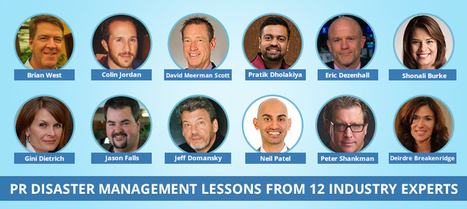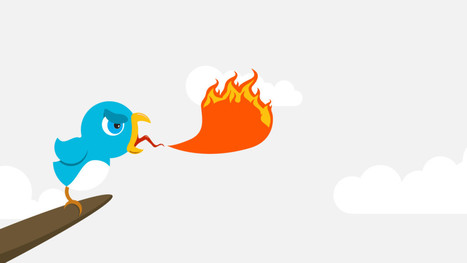Should executives respond when a tweet or unexpected event touches their business or rouses their employees and customers? There are risks and rewards to CEO activism. Weber Shandwick, where I serve as chief reputation officer, and KRC Research surveyed 1,050 senior executives and 2,100 consumers across 21 markets worldwide to find out what people expect from corporate brands.
Our research shows that the two biggest factors that influence respondents’ opinions about companies are what customers say about them (88%) and how they react in crisis (85%). In fact, how a company responds to a controversy, including how quickly, is more important in driving public perception about the company than what is said about that company in the media (76%), by employees (76%), on the company’s website (68%), by spokespeople (61%), or in the company’s advertising (61%)....



 Your new post is loading...
Your new post is loading...










This was a very interesting article because it speaks about the way CEO's speak on behalf of major political issues on their companies and whether they should respond or not so they don’t stir up any controversy or any kind of other issues that would jeopardize their company. The article gives its opinion on whether or not they should respond when there company is the one being involved. It gives info on how some companies customers make for 88% of their respondents. It shares as well how important it is for a company to share their opinion because it comments and keep the opinion preserved and well rounded. Of the executives they reviewed a lot of them said they prefer when someone speaks up for the company and shares a public opinion.